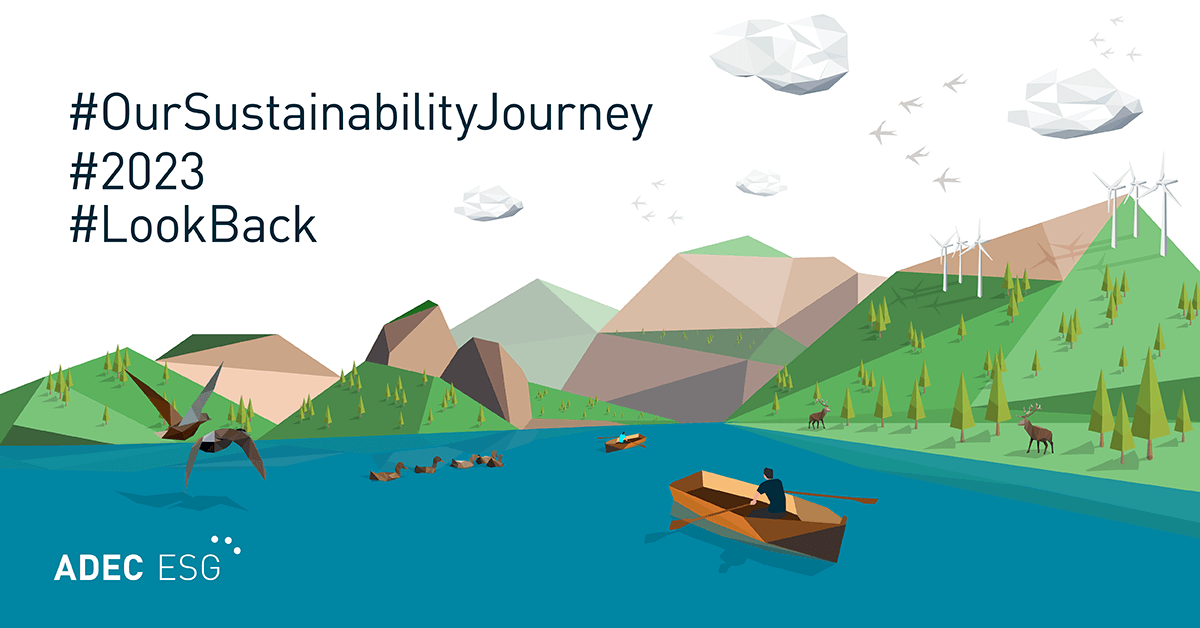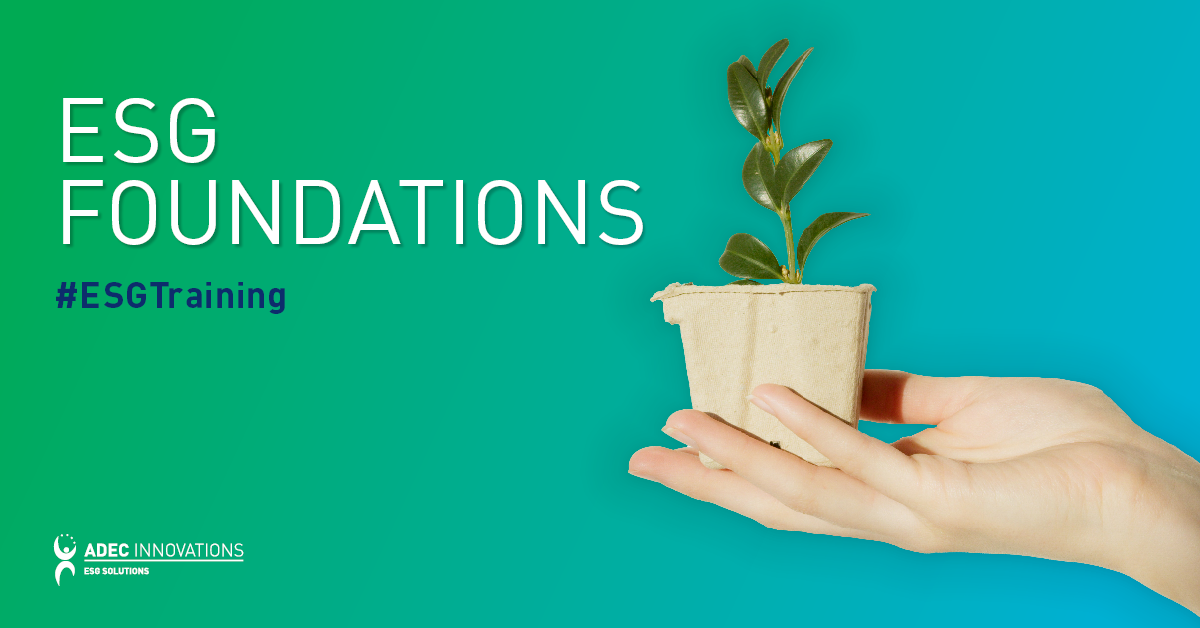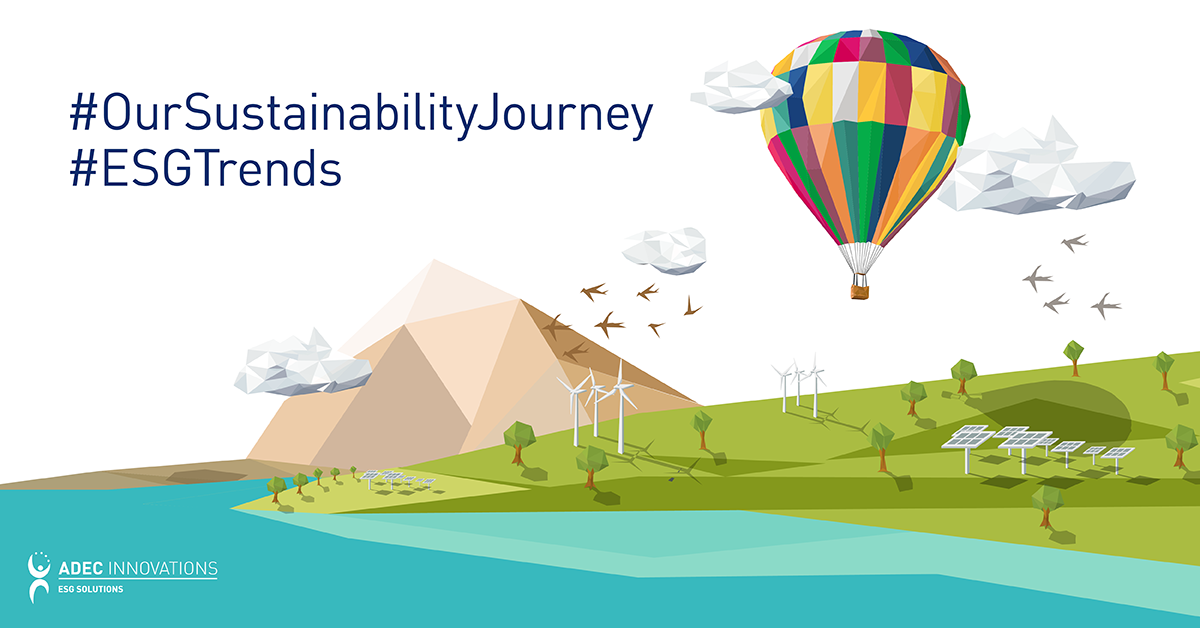During last week’s webinar we took a look at what exactly a sustainability plan is. Going through all this information can seem a bit overwhelming, but with the right focus it becomes a more tangible concept. To get started, we need to ask ourselves first the question:
What is sustainability?
There are a few definitions of sustainability, but the one that strikes the strongest chord is, “meeting the needs of the present generation without compromising the ability of future generations to meet their own needs.”
It is our responsibility as humans to take care of this world so that the world can, in turn, take care of us, now and for generations to come. In other words, sustainability creates and maintains the conditions under which humans and nature can exist in productive harmony and allow the fulfilment of the social, economic and other requirements of present and future generations.
This is the basic principle of sustainability as it applies to everyday life. What if we take it a step further and look at it from a sustainability-for-business perspective?
Sustainability plans are developed by an organization or government to achieve goals that foster environmental, community, and financial sustainability. Sustainability plans create a template for creating and implementing sustainability goals and measures for the organization in question. This plan will allow the organization to formalize and solidify what sustainability means within to them.
Having a plan signals an organizational commitment to environmental sustainability.
The plan gives form to the organization’s commitment to the environment through the creation of goals, guidelines, timelines and standards for measuring and reporting on sustainability goals.
Every organization is unique. Their goals and implementation will necessarily be unique as well. Your goals should reflect the kind of work your organization performs. Similarly, your steps and timelines for meeting your goals should match the personnel and financial resources of your organization.
While many sustainability measures yield cost savings over time, they may require up-front funding that may be a challenge in the short term. The measurements within your plan should provide a way to account for the financial, environmental, and community impacts of the changes your organization undertakes, both short-, and long-term.
What makes having a sustainability plan in place as important as having the right staff to make your business flourish? 87% of adults make it a priority to live in a quality environment. This means if your business has a negative impact on the world, your potential target market will know. From the outset, your potential revenue will be diminished.
Your priorities may depend on a number of factors such as the cost and availability of resources used by your business, the likelihood of future regulatory requirements and opportunities to grow your business through sustainable innovation.Your plan should initially focus on the changes for your business that can be achieved with the least amount of effort. Early “victories” are an important key to maintaining long-term support for your plan.
Sustainability plans are a great way to turn grand ambitions into realizable goals. The key is to lay out specific steps and measure your results consistently. Having a sustainability plan that yields verifiable results is sure to sway the opinion of your target market and investors.

If you’d like more specific information about what’s in a Sustainability Plan, or their underlying principles, please visit the following link to our recorded webinar: Sustainability Plans.





